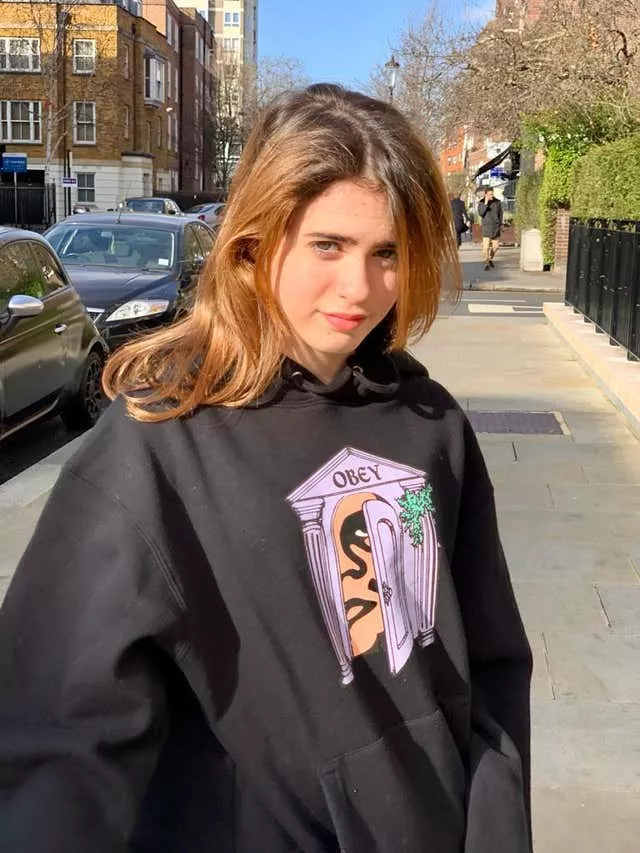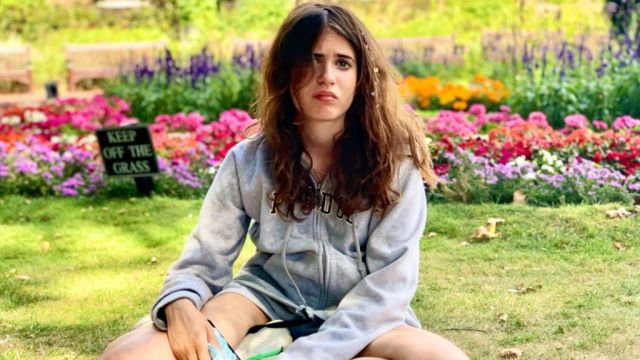The Metropolitan Police have said arrangements have started to return a lost sim card and mobile phone that belonged a schoolgirl who killed herself after she was bullied.
Mia Janin, a 14-year-old Year 10 pupil at Jewish Free School (JFS) in Kenton, north-west London, died on March 12th 2021.
The Met said after the investigation into her death that Mia’s family had requested the return of the sim for her main phone and a second handset, but officers had been “unable to locate them within the property store”.

The force said the items have since been recovered and officers had spoken with family representatives this week about sending them back.
Mia was found dead at her family home in Barnet and an inquest was told she had been bullied by other JFS students.
Barnet Coroner’s Court heard that one of her TikTok posts had been shared to a Snapchat group run by pupils, some of whom made fun of her.
However, Mia’s father Mariano told the BBC’s Sunday With Laura Kuenssberg programme that the Government’s calls to ban children from having phones in schools is “not the way”, adding that “we need to learn to live with this technology”.
Mr Janin said: “I didn’t know about this online world. They say that she was bullied, we found a screenshot saying that she was prepared to be badly bullied, naming the kids that were bullying her.”
He claimed that JFS “organised an assembly” and “asked kids to delete the messages”.

He added: “My common sense says that if you have a police investigation and you have this potential group, you should notify to the police – maybe this group of kids, they have information on their phone, but that’s what they did.”
Discussing the UK government’s plan to prohibit children from using phones in schools, Mr Janin said: “(They) will have a phone anyway, it’s like this, they will hide the phone, and it’s not the way – they need to learn to use their phones in a responsible way.”
Social media platforms need to have “some kind of responsibility as well”, he said.
Mr Janin praised the Online Safety Bill passed in October last year, which aims to protect people from harmful content online.
He told Kuenssberg: “I think it is an amazing thing that we will have something, of course, because technology, it is changing. If you have a young kid you need to understand where are they because that’s the thing I discovered after – there’s some places on the internet that the kids can get access in a way that we would never try to do, dark places.”
Mia was last seen alive at about 10pm on March 11 2021, when she said goodnight to her parents at their family home, the inquest into her death heard.

They found her hanged at about 6.50am the next day, and two undated letters in Mia’s handwriting were found on her bed addressed to “her loving family and friends”, which “explained that Mia decided to end her life”.
Kuenssberg said: “(Mia’s) school, the Jewish Free School in London, said all the information they had was handed to the police and said the coroner’s report wasn’t a reflection of how things are at the school today.”
Detective Superintendent Adam Rowland, from the Met’s north-west policing team, said: “The impact of Mia’s death is acutely felt by all who knew her, particularly her family and close friends.
“Their loss is unimaginable and our thoughts remain with them.
“After Mia died in March 2021, we looked carefully at the circumstances leading to her death in order to provide a full and thorough account to the coroner.
“This included speaking to her family, friends and pupils and staff at her school, as well as in-depth analysis of her phone and use of social media.
“All of the evidence gathered during this investigation was passed to the coroner to consider as part of the inquest.”







